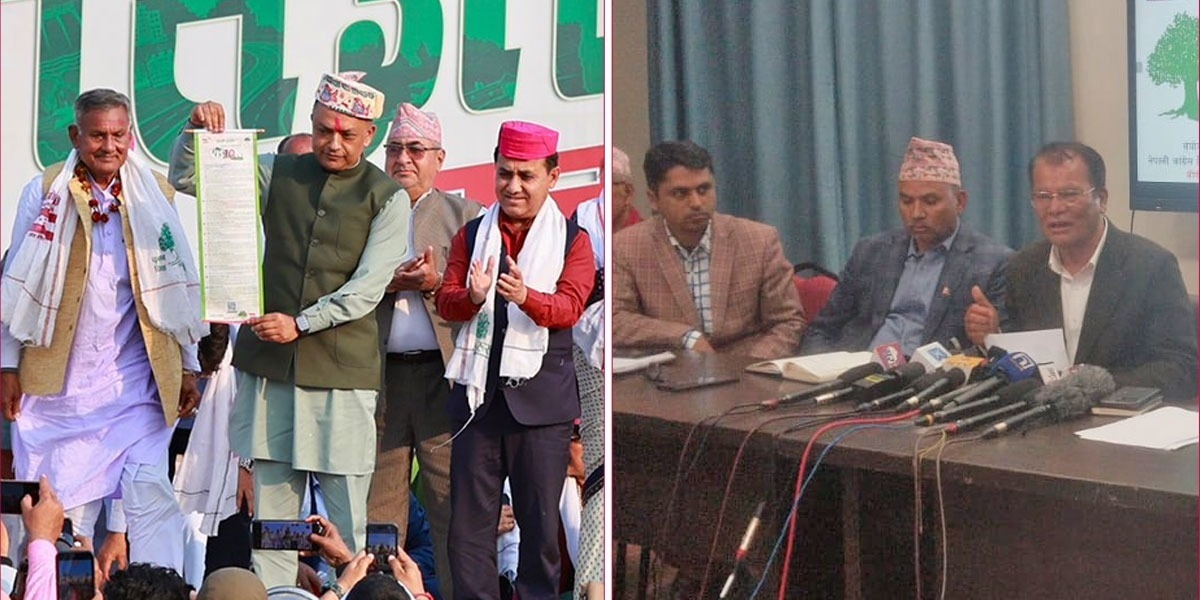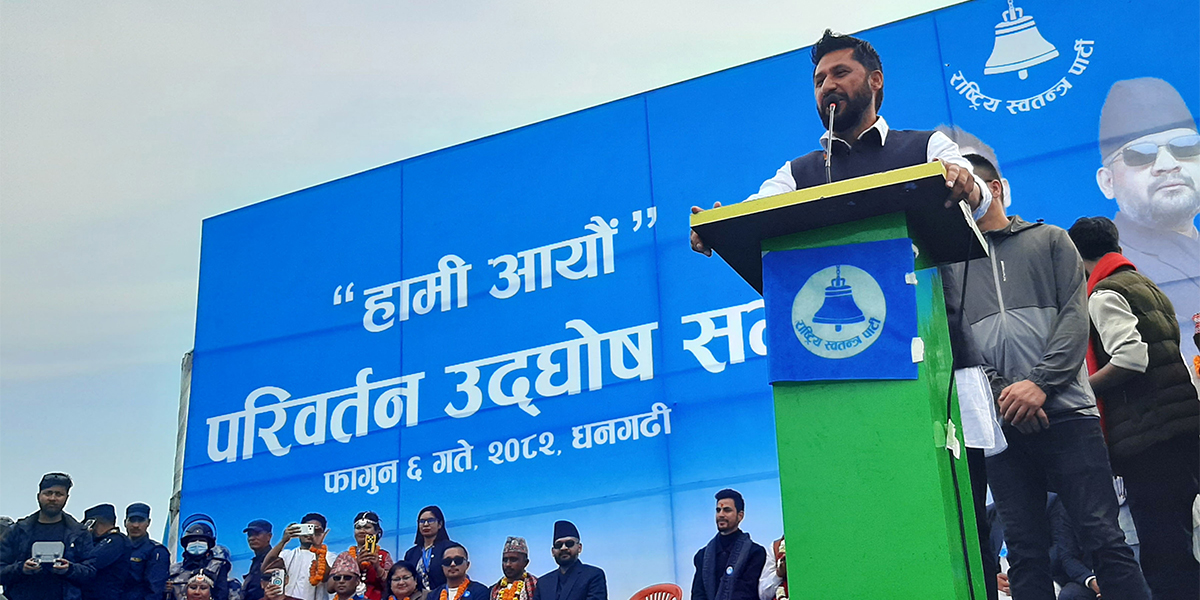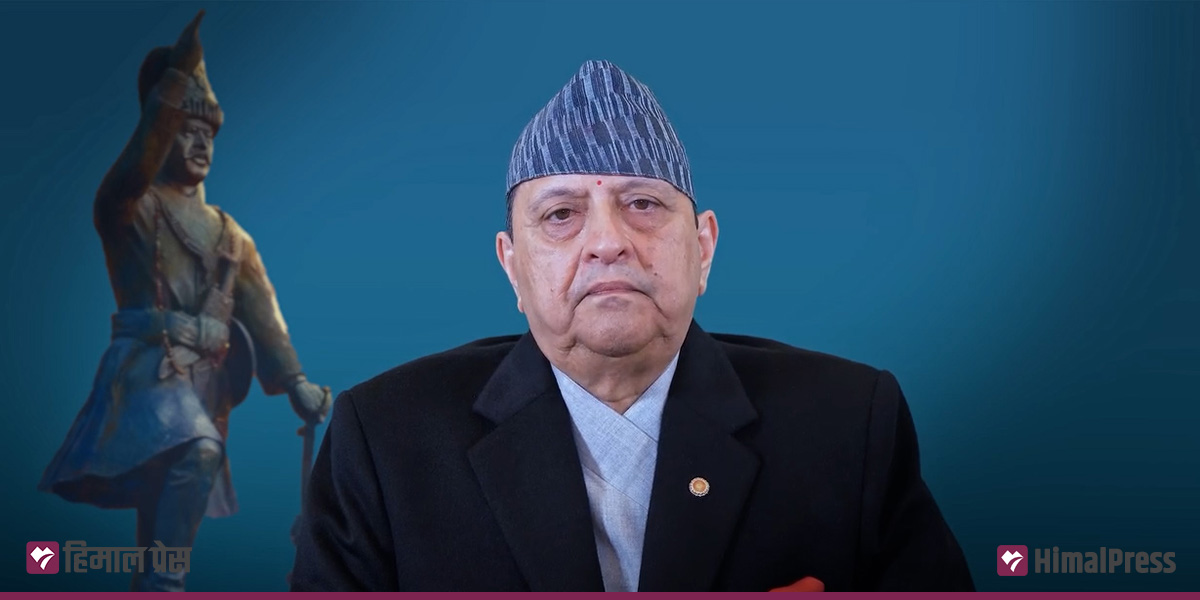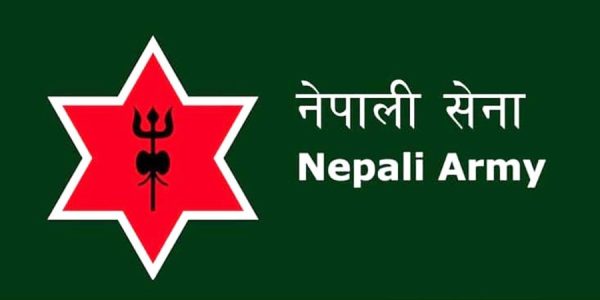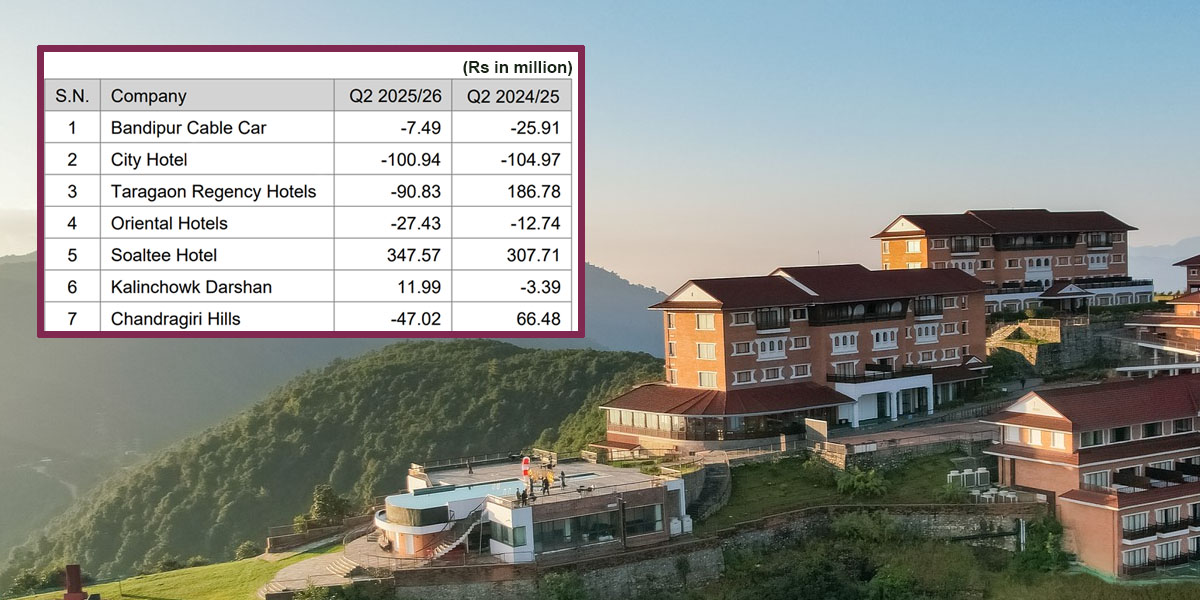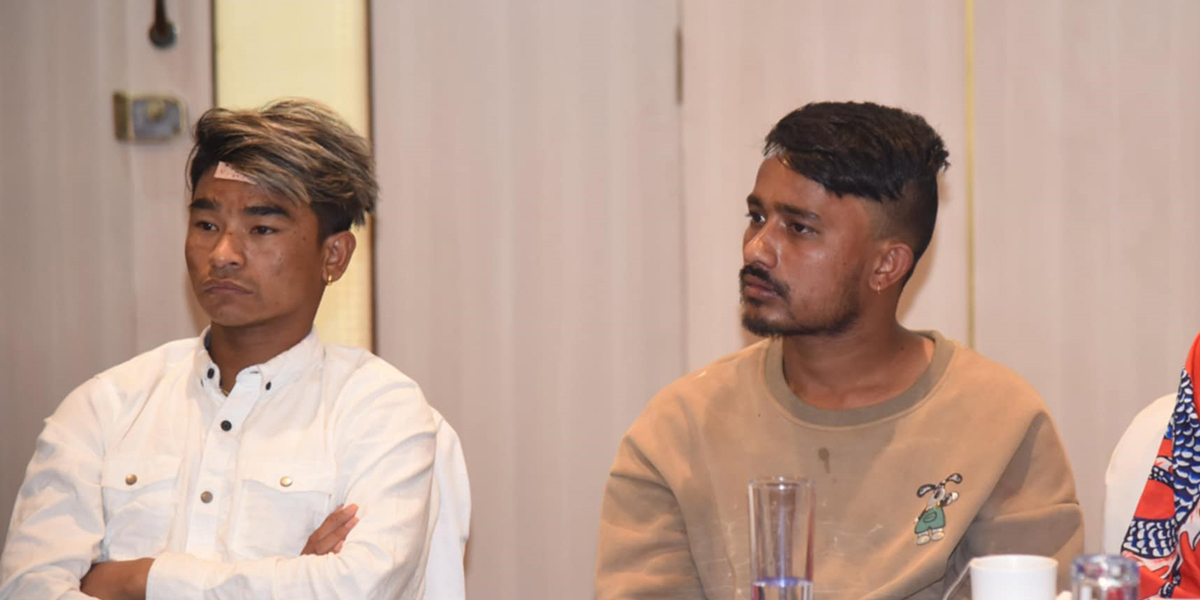
KATHMANDU: Sanjay Rai from Koteshwar, Kathmandu, spent his childhood on the streets. He does not know who his parents are or where they might be. He remembers telling his first employer, a hotel, that he was six years old.
According to Sanjay, a man took him in and provided shelter. He worked as a domestic help in his house for many years. While escorting the children of that family to school, he was fascinated by the sports they played. This sparked his interest in martial arts, and he began training.
Despite facing numerous hardships, Sanjay has now become a martial arts instructor. He teaches martial arts in three schools in Kathmandu. Sanjay has dreams of taking his skills to the international stage.
However, there is a big hurdle—he does not have a Nepali citizenship certificate. The lack of a birth registration document has left him ‘stateless’.
“I have to rely on others to open a bank account and even to get a SIM card,” Sanjay said. “Citizenship is the most important thing. I once asked a friend to get me a SIM card, and he demanded Rs 500. I had no choice but to pay.”
Sanjay is not alone in this struggle. Rajesh Thakuri, a 28-year-old resident of Nakkhu, Lalitpur, has been facing a similar issue. He, too, lacks both a birth registration certificate and citizenship. Rajesh is a father of two. His elder son is nine years old, while the younger is three and a half. As a daily wage laborer, he has been working hard to provide them with a good education. But the lack of official documents has made it extremely difficult.
“It is really hard to enroll my children in school. My elder son is in third grade, and the younger one is in nursery. Schools ask for their birth certificates, but I don’t even have an identity. How can I get them registered?” he said.
Sanjay and Rajesh represent just a fraction of those struggling with citizenship issues in Nepal. Last year, residents from Susta Rural Municipality in Nawalparasi West staged prolonged protests in Maitighar, demanding citizenship. Frustration over bureaucratic hurdles at district administration and ward offices has left many feeling hopeless.
Although there are provisions to grant birth certificates and citizenship to children without parental or ancestral records, child rights experts say there are practical problems in implementing these provisions.
Thousands of Nepalis face this predicament—despite being capable individuals, they live as stateless individuals. Although there are provisions to grant birth certificates and citizenship to children without parental or ancestral records, child rights experts say there are practical problems in implementing these provisions.
The individual who took Sanjay in is willing to vouch for his identity. However, authorities refuse to acknowledge this. Kavita Shah, the founder of Saath Saath organization, said government agencies only seek documentary proof of identity but fail to address practical challenges.
Mukesh Kumar Kesari, director of the National Identity and Civil Registration Department, however, said that children can be legally registered even without parents. “If parental and ancestral details are unknown, the local ward chairperson can act as a guardian, and the caretaker or organization responsible for the child can serve as witnesses to facilitate birth registration,” he explained.
Article 39 (1) of the Constitution of Nepal guarantees the right to identity, including a name and birth registration, to every child. Various legal frameworks, including the Civil Code 2017, the Children’s Act 2018, the National Identity and Registration Act 2019, and its associated regulations, all have provisions for birth registration. Shah, however, said that authorities often reject applications solely due to a lack of documentation.
“We have worked in 52 districts and found that not just legal but also practical challenges make registration difficult,” she said. “Even though there are supportive provisions, officials do not initiate the registration process for individuals without parental or ancestral records.”
According to Shah, many officials involved in civil registration are not aware of these legal provisions. “The requirement to document the absence of parental information in birth records has also caused psychological distress among affected children,” she added.
Shah said there is a need to hold broader discussions among stakeholders to find legal and practical solutions to these issues.


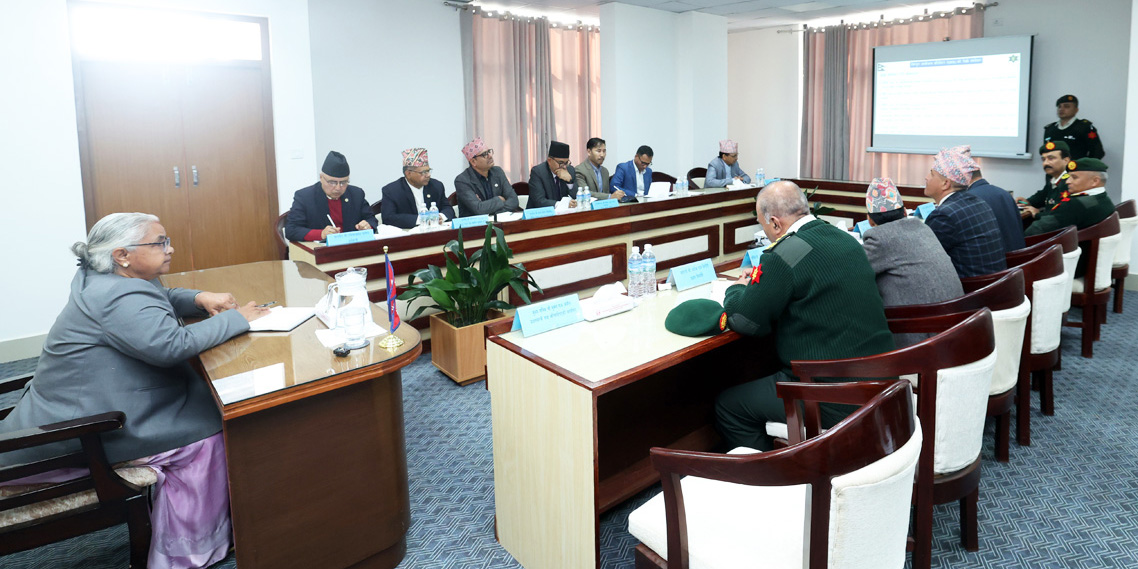

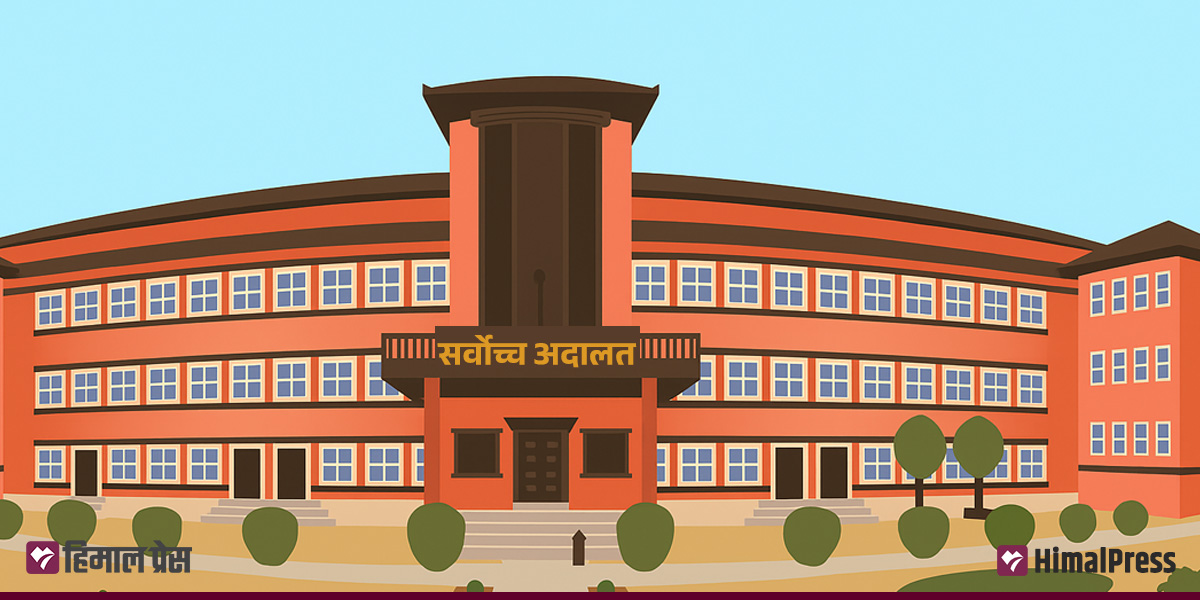
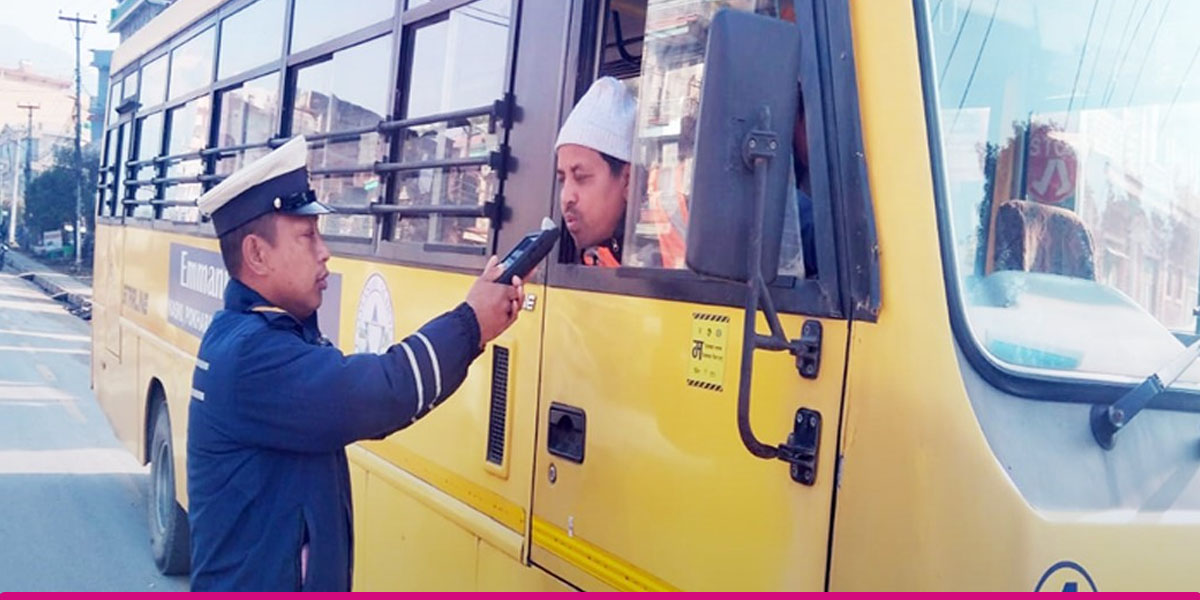
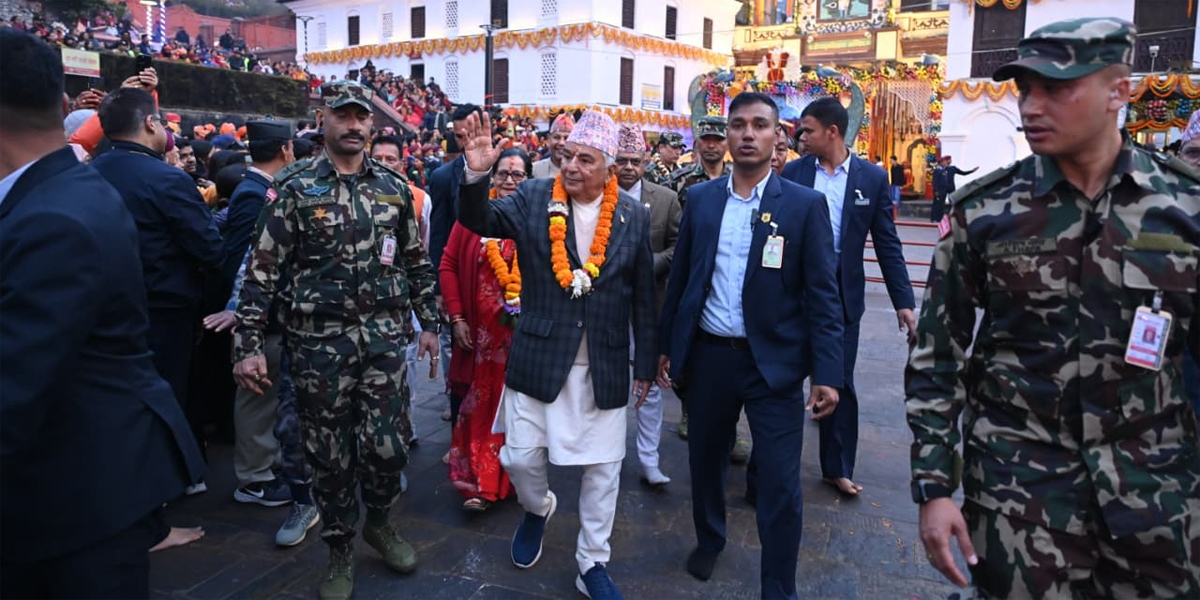
![Maha Shivaratri being celebrated across the country [With Pictures]](https://en.himalpress.com/wp-content/uploads/2026/02/HRB_KTMImage2026-02-15at7.37.40AM1.jpg)
